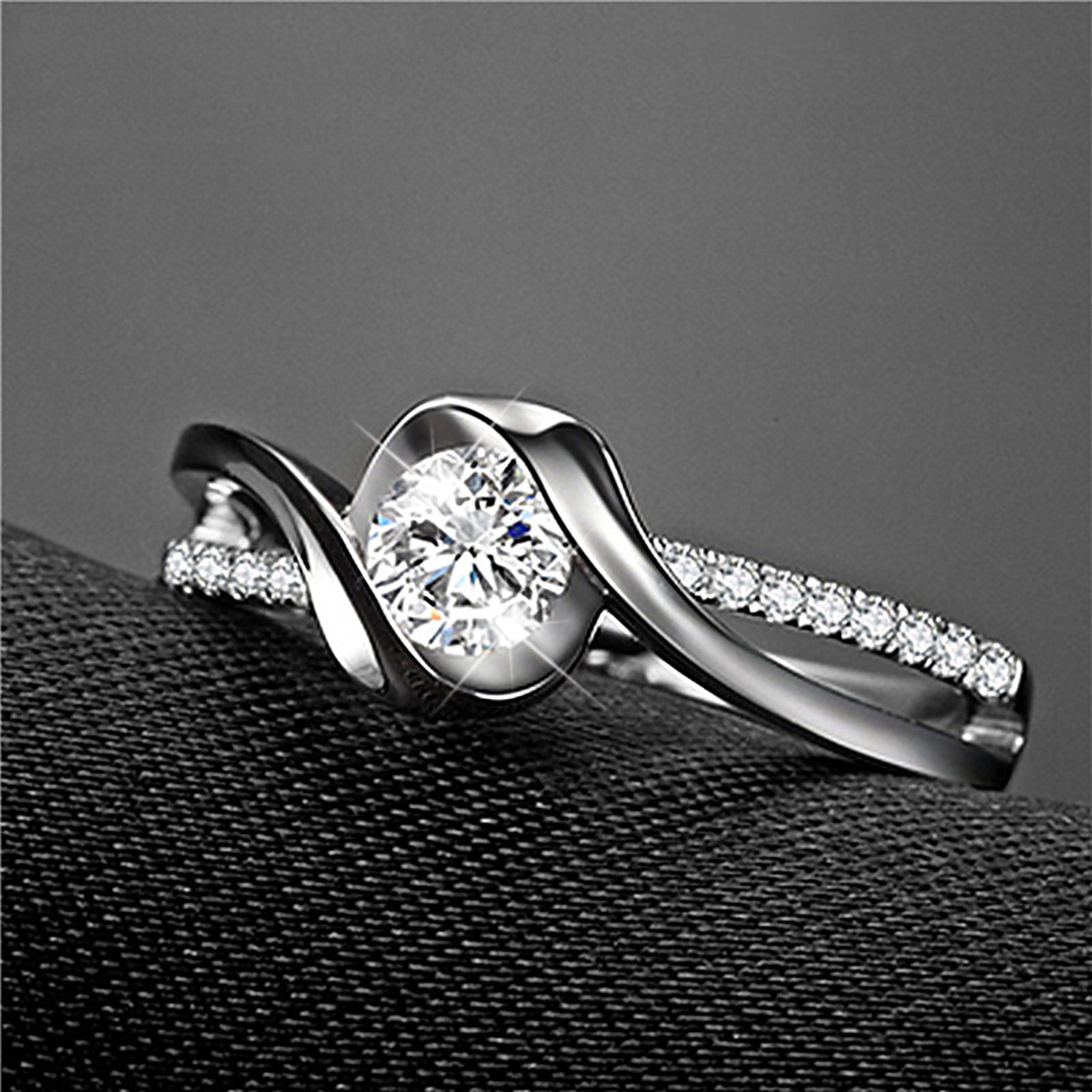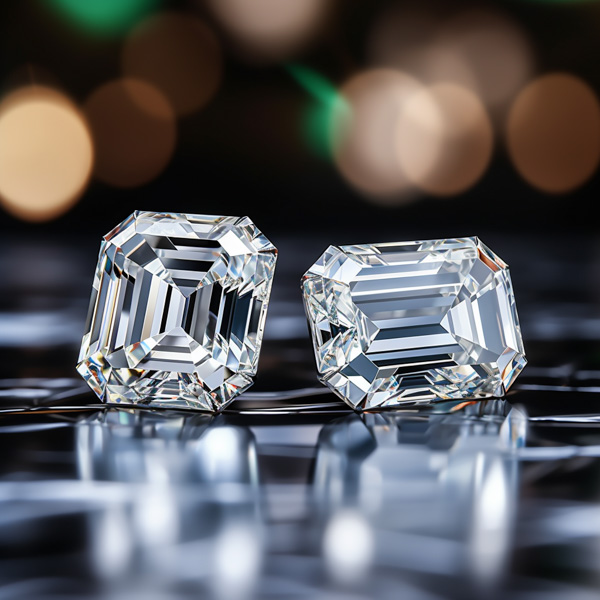
Ethical Engagement Rings: A Guide to Making a Responsible Choice
When it comes to choosing an engagement ring, many couples are becoming more conscious of the ethical implications surrounding their purchase. Ethical engagement rings are gaining popularity as people seek out alternatives to traditional diamond rings, which have often been associated with problematic practices such as conflict mining, labor exploitation, and environmental harm. In this article, we will explore what ethical engagement rings are, why they matter, and how to select the perfect one for your proposal while supporting sustainable and responsible practices.
What Are Ethical Engagement Rings?
Ethical engagement rings are those that are sourced and created through practices that prioritize human rights, environmental sustainability, and fairness. These rings often feature ethically sourced diamonds or alternative gemstones that are mined or produced in ways that avoid harm to the environment and exploitative labor practices. Additionally, ethical engagement rings can include recycled or repurposed metals, further reducing the impact of mining and production. The goal is to ensure that every component of the ring, from the stone to the setting, has been sourced with respect for people and the planet.
Why Ethical Engagement Rings Matter
The demand for ethical engagement rings stems from a growing awareness of the issues related to traditional diamond mining. For many years, the diamond industry has faced criticism for its involvement in conflict zones, where diamonds are often used to fund violent wars, commonly known as “blood diamonds.” In addition, the environmental effects of diamond mining, such as deforestation, habitat destruction, and water pollution, have raised significant concerns. By choosing ethical engagement rings, couples can make a conscious decision to avoid supporting these harmful practices.
Beyond the environmental and social implications, ethical engagement rings also align with many people’s values and desire for transparency. Knowing the origins of the diamonds or gemstones and understanding the processes involved in creating the ring can provide a sense of peace and satisfaction that the choice is aligned with one’s personal ethics.
How to Identify Ethical Engagement Rings
Identifying an ethical engagement ring can be done by looking for specific certifications or practices that guarantee the stone’s ethical sourcing. One of the most recognized standards is the Kimberly Process Certification Scheme (KPCS), which seeks to eliminate the trade in conflict diamonds. However, many jewelers go beyond the Kimberly Process to ensure their diamonds are sourced ethically.
Another indicator of an ethical engagement ring is the use of lab-created diamonds. These diamonds are produced in a controlled environment using technology that mimics the natural formation process. They have the same chemical, physical, and optical properties as mined diamonds but are produced without the environmental damage associated with traditional mining. Many ethical engagement ring retailers offer lab-created diamonds as a responsible alternative.
Additionally, the use of recycled metals in the band is another way to make an ethical choice. Recycled gold, platinum, and other precious metals are often used to create engagement rings, reducing the need for new mining and preventing further environmental damage.
The Benefits of Choosing an Ethical Engagement Ring
Choosing an ethical engagement ring offers several benefits for both the couple and the planet. First and foremost, ethical engagement rings allow couples to feel good about their purchase, knowing they are supporting fair labor practices, reducing environmental impact, and helping to eliminate conflict-driven diamond trade. This sense of responsibility and awareness often adds even more meaning to the ring, making it a true symbol of commitment and love.
In addition, ethical engagement rings can also be a more sustainable option. Many jewelers who specialize in ethical rings work with sustainable materials, including conflict-free diamonds, responsibly sourced gemstones, and eco-friendly metals. The production process behind these rings tends to be less harmful to the planet, and opting for these rings can help reduce the overall demand for new mining.
Moreover, by purchasing an ethical engagement ring, you’re supporting small businesses or companies that prioritize ethical practices. These companies often work with local communities to ensure fair wages, ethical labor practices, and the well-being of workers involved in the production of the ring.
Lab-Grown Diamonds vs. Mined Diamonds in Ethical Engagement Rings
When considering ethical engagement rings, couples often face the decision between choosing lab-grown diamonds and mined diamonds. Lab-grown diamonds are a popular choice for many, as they offer the same beauty, durability, and brilliance as mined diamonds but with a significantly reduced environmental impact. Since lab-grown diamonds are created in controlled environments, they do not contribute to the harmful practices associated with traditional diamond mining.
Mined diamonds, however, can still be considered ethical if they are sourced through sustainable and transparent supply chains. Many jewelers now offer conflict-free diamonds, which have been certified as not contributing to human rights violations or environmental harm. While lab-grown diamonds are an increasingly popular option, ethically sourced mined diamonds can also play a role in providing couples with the peace of mind that their purchase is aligned with their values.
Where to Find Ethical Engagement Rings
Finding an ethical engagement ring is easier than ever. Many jewelers now specialize in offering sustainable and ethically sourced engagement rings, making it possible to find a beautiful ring that also aligns with your values. When shopping for an ethical engagement ring, it’s important to look for transparency in the company’s sourcing and production processes. Reputable jewelers will provide detailed information about the origins of their diamonds or gemstones and their commitment to sustainability and fair trade.
In addition to traditional jewelry stores, online retailers and boutique jewelers also offer a wide range of ethical engagement rings. Many of these retailers are committed to using only conflict-free lab grown diamonds, lab-grown stones, and recycled metals. As more people seek out ethical alternatives, the availability of these types of rings has continued to grow, giving couples even more options to choose from.
Customizing Your Ethical Engagement Ring
For those looking for a truly unique and personal ethical engagement ring, customization is an excellent option. Many jewelers that specialize in ethical engagement rings offer the ability to design a one-of-a-kind ring. Customization options include selecting the shape and size of the stone, choosing the metal for the band, and even adding personal engravings.
By customizing your ethical engagement ring, you not only create a piece that is meaningful and special but also ensure that every element of the ring aligns with your ethical values. Whether you choose a lab-grown diamond, a recycled metal band, or both, a custom ring offers the opportunity to reflect your style and commitment to responsible practices.
Conclusion
Ethical engagement rings provide an opportunity for couples to celebrate their love while making a responsible choice that benefits the planet and the people involved in the production of the ring. By opting for ethically sourced diamonds or lab-grown stones, recycled metals, and supporting companies that prioritize sustainability and fair trade, couples can make a meaningful and impactful decision when choosing their engagement rings. Ethical engagement rings are not only beautiful and timeless but also reflect the values of love, responsibility, and care for the world around us. Whether you choose a conflict-free diamond or a lab-created stone, you can be proud of your commitment to both your partner and the planet.


